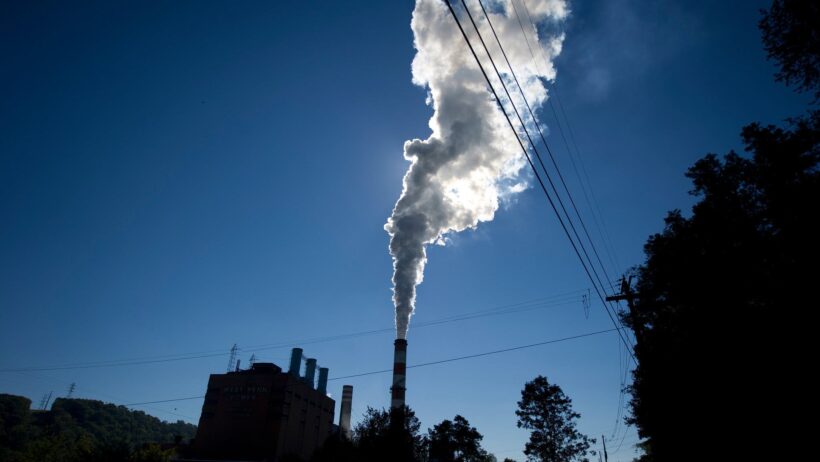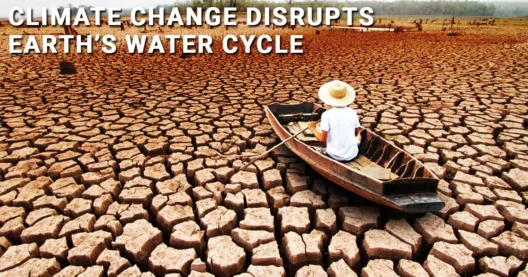The intricate interplay between societal interests and legislative actions has long been a subject of discussion in political economy. The concept of “Bootleggers and Baptists,” introduced by economist Bruce Yandle, offers a compelling lens through which to examine the complexities surrounding global warming regulation. This metaphor elucidates how seemingly divergent groups can align themselves toward a common goal, often for surprisingly disparate reasons. Understanding this framework is paramount to unraveling how climate policies are drafted, implemented, and sometimes thwarted.
At its core, the Bootleggers and Baptists analogy refers to the alliance of two groups: the bootleggers, who are interested in profiting from lax regulations, and the Baptists, who advocate for such regulations from a moralistic standpoint. This coalition might seem unlikely, yet it is a recurring phenomenon seen throughout policy-making processes, particularly in the realm of environmental governance.
**The Bootleggers: Unraveling Self-Interest**
The bootleggers represent a self-serving group euphemistically protesting for regulations that ultimately serve their interests. In the context of climate change, these can include fossil fuel companies, industrial conglomerates, and other entities that stand to lose economically from stricter environmental regulations. These players recognize that the advent of climate legislation can impose additional costs upon them, spurring a push for regulatory frameworks that appear stringent but are riddled with loopholes or enforcement gaps. In essence, while publicly advocating for sustainability, these actors might be simultaneously lobbying for policies that maintain the status quo or provide them with competitive advantages, camouflaging their ulterior motives behind a façade of environmental concern.
For instance, consider how certain energy corporations may support carbon trading schemes that sound progressive on the surface. However, a deeper examination often reveals that these schemes can allow them to continue their fossil fuel exploitation while buying permits that excuse their carbon emissions. This duplicitous behavior is crucial to understanding the landscape of climate legislation, wherein policies purportedly aimed at abating global warming are co-opted to serve the economic interests of those contributing toward the issue in the first place.
**The Baptists: Morality’s Role in Environmentalism**
In juxtaposition to the bootleggers, the Baptists symbolize non-profit organizations, environmental advocates, and concerned citizens who earnestly work toward the betterment of the planet. Their advocacy is rooted in ethical considerations, fostering public consciousness about the perils of global warming and promoting a sustainable future. These actors utilize moral arguments and appeals to conscience to rally support for climate action. Through campaigns, educational programs, and lobbying efforts, they aim to engender a collective sense of responsibility toward the environment.
However, the Baptists are not immune to instrumentalization. In many instances, their platforms can also be appropriated by economic interests that wish to grant legitimacy to their pursuits under the guise of caring about the climate. They become unwitting partners in efforts that may ultimately detract from genuine environmental progress. Thus, the interplay between these two groups engenders a paradox; while moral advocates strive for true advancement in climate legislation, they can become complicit in efforts that sluggishly transform the policies meant to rectify the climate crisis.
**The Interplay: Collision and Cooperation**
This peculiar cooperation between bootleggers and Baptists is particularly evident in the context of global warming regulations. As nations grapple with the pressing need to mitigate climate change, the landscape of environmental policymaking becomes replete with compromises, opportunism, and sometimes, a perversion of intent. The resultant regulatory frameworks often reflect a delicate balance of these competing forces, granting credence to the notion that effective climate policy is the product of negotiation rather than unwavering conviction.
Awareness of this dynamic brings to the forefront the critical necessity for transparency in environmental regulatory discussions. Policymakers must endeavor to separate genuine advocacy from self-interest to craft legislation that does not merely yield superficial benefits but catalyzes meaningful change. Complications arise, however, as both coalitions are adept at framing their arguments and posturing to garner public support. This, in turn, complicates the challenge of discerning authentic commitment to environmental stewardship.
**A Shifting Perspective**
Viewing global warming through the Bootleggers and Baptists lens grants unique insights into the complexities of climate governance. It underscores the necessity for a multidisciplinary approach to policy analysis that recognizes the multiplicity of motives driving various stakeholders. Recognizing this germane interplay encourages a more discerning public discourse on climate change, promoting a comprehensive understanding of not just the policies being presented but the underlying agendas that inform them.
Moreover, it invites activism to engage critically with the nuances of climate discourse. Environmental activists need to cultivate an acute awareness of when their advocacy might inadvertently align with opposing interests. This reflection can lead to coalitions that are more discerning in their collaborative efforts, seeking alliances that genuinely promote sustainable change rather than superficial compliance.
**Conclusion**
Ultimately, the Bootleggers and Baptists framework is more than just a provocative metaphor; it is a vital tool for dissecting the motivations behind climate policies that impact our planet’s future. As the world confronts an increasingly chaotic climate landscape, it is imperative to unravel these alliances transparently and pragmatically. Empowerment comes from understanding these dynamics and fostering authentic collaborations that push us toward a more sustainable future, devoid of ulterior profit motives and rooted in the morality of ecological stewardship. Only through discernment can society navigate the treacherous waters of climate legislation with purpose and integrity, ensuring our endeavors truly align with the promotion of a livable planet for generations to come.








